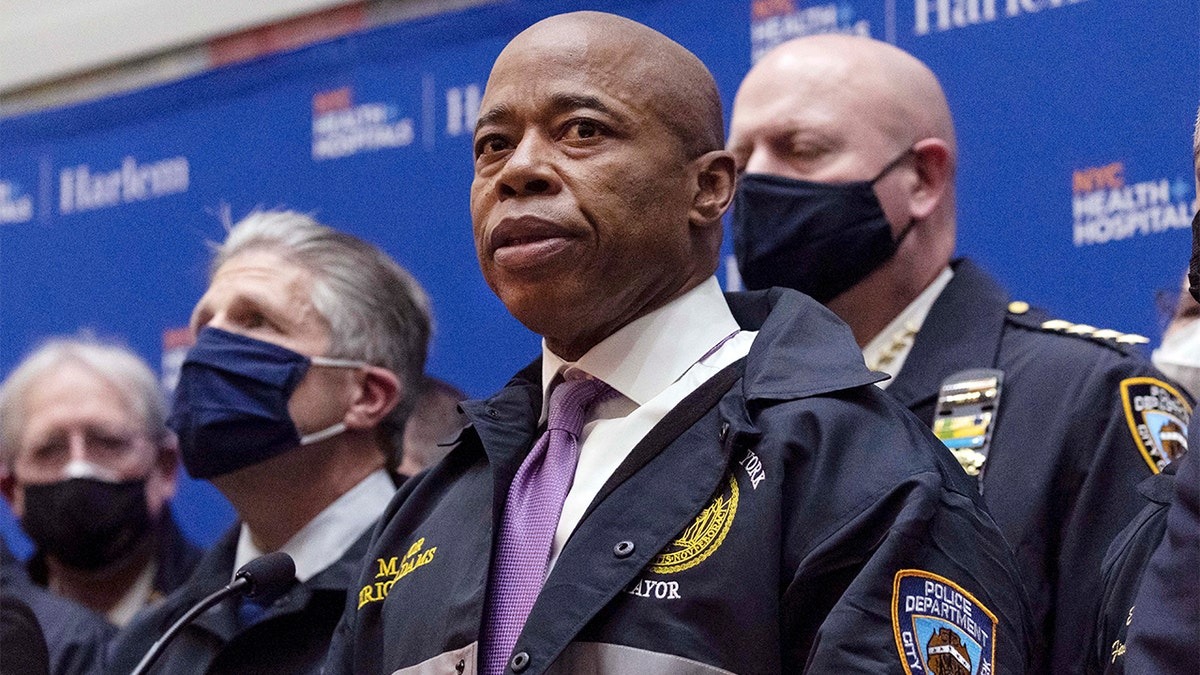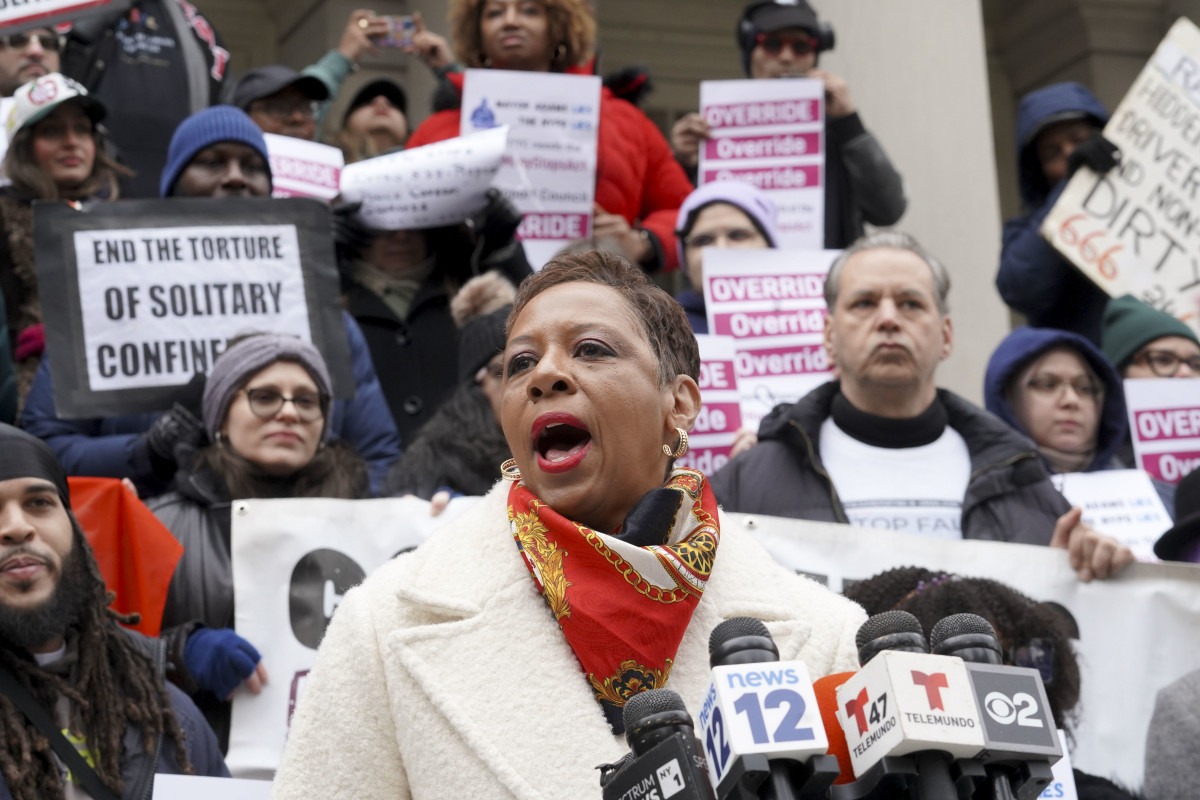In a rare showdown, New York City Mayor Eric Adams, a former police officer focusing on crime prevention, clashed with the more progressive City Council over two criminal justice reform bills, and, in an unusual turn of events, Adams lost.
The Council, led by a moderate Democrat aligned with progressive members, overrode two of the mayor’s vetoes with an overwhelming margin, marking a significant clash between the two Democratic-led branches of city government.
The bills in question involve requiring police officers to report demographic data on low-level interactions with civilians and limiting the time detainees spend in isolation in the city’s jail system.
The first bill aims to hold the NYPD accountable by demanding transparency in reporting demographic data on low-level interactions, especially considering the history of racially motivated stops.

The second bill seeks to restrict the duration of detainee isolation in the city’s jail system, addressing concerns raised by a federal monitor overseeing the notoriously violent Rikers Island facility.
The City Council’s 42-9 vote to override the mayor’s vetoes highlighted the mayor’s weakened position, especially with some conservative Democrats and Republicans voting against the bills.
Despite concerns raised by opponents, proponents argue that the legislation is crucial for accountability and justice, emphasizing the impact of policing based on the color of one’s skin.
Adams, who initially negotiated behind the scenes, publicly campaigned against the bills, expressing concerns that the reporting bill would distract officers from solving crimes and that the jail legislation would jeopardize the safety of correction officers and detainees.
However, the mayor pledged to implement the police reporting bill as written and suggested that lawmakers could consider amendments to address concerns.
The tension over these bills underscores a larger political struggle within the city, potentially complicating Mayor Adams’ reelection bid in 2025.
The failure to reverse the vetoes demonstrates Adams’ challenge in building alliances and his administration’s weakness in intergovernmental affairs. The outcome of these bills may also impact the mayor’s credibility on the issue of public safety, with potential repercussions for his reelection message.
In the broader context, the clash reflects the ongoing debate over criminal justice reform and the balance between law enforcement and accountability, highlighting the challenges of implementing changes in policing practices within a complex political landscape.
